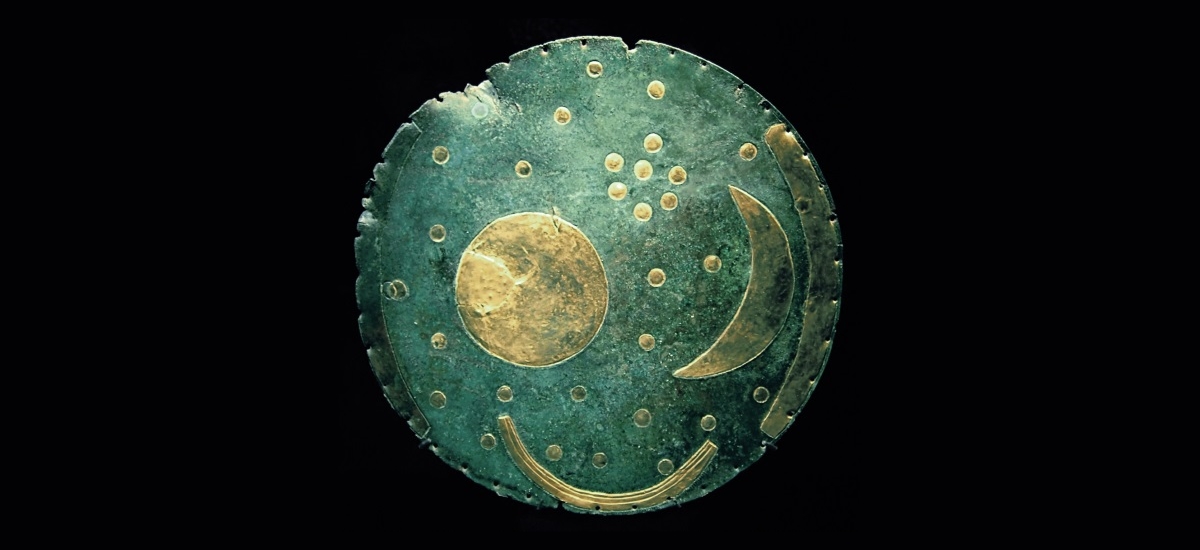The Memory of the World Programme (MoW) focuses on documentary heritage, and complements the World Heritage and Intangible Cultural Heritage conventions. It was established by UNESCO in 1992 out of a concern to ensure the preservation of fragile and endangered documents in public institutions. There was also a need to make valuable documents accessible and to raise awareness of their existence and significance. The preservation and accessibility of documents is the specialized realm of memory institutions such as libraries, archives and museums. The Memory of the World Programme emerged to support such institutions by promoting the idea of a global collective memory of humanity. Over three decades, MoW has mobilised the professional community around the globe, embracing a variety of stakeholders, volunteer experts, decision makers and institutions of all kinds. In heritage research, however, it is still an emerging field. The Institute Heritage Studies has done pioneering work since its establishment by including MoW as one of its research fields, and as a component of the academic series Heritage Studies.
Image: „Nebra Scheibe“ by Dbachmann. Licenced under CC BY-SA 3.0 via Wikimedia Commons – https://commons.wikimedia.org/wiki/File:Nebra_Scheibe.jpg#/media/File:Nebra_Scheibe.jpg

